Kenneth Jackson
APTN National News
OTTAWA – Some Aboriginal people do have it hard, but Christopher Jacko isn’t special.
Not in the eyes of Ottawa Justice of the Peace Louisette Girault.
Jacko, 25, is an Ojibway man from a northern Ontario reserve and when he appeared before her looking for bail Sept. 16, Girault wasn’t interested in hearing another “sad” story.
He isn’t a child soldier or been tortured in some war-torn country, according to Girault.
To get bail, and freedom from the local Ottawa jail where he’d spent the last three months on assault and breach charges, Jacko wanted to tell a woman he never met his “horrific” story of abuse, neglect and the generational effects of residential schools had on his life.
The Supreme Court has a name for Jacko’s story – they’re called Gladue principles.
Courts are directed to consider them any time they want to play keeps with the liberty of an Aboriginal person in Canada. That direction is also listed in the Criminal Code.
“What is he going to say? … I’ll be a good boy; I won’t have any knives; I won’t take any alcohol or drugs? I am assuming,” said Girault according to court transcripts obtained by APTN National News.
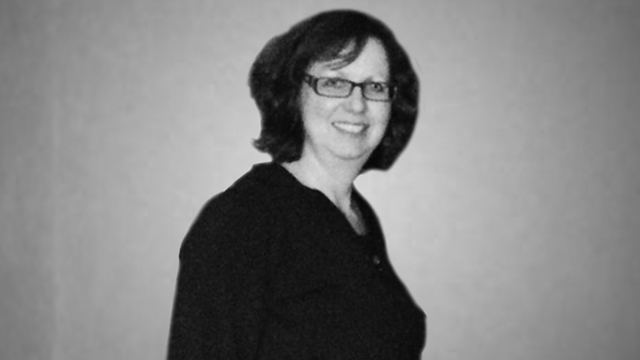
Jacko wanted to tell her he had plans to reconnect with his culture to deal with his anger that has given him a long criminal record – one of the convictions for attacking a step-dad he said beat him growing up.
Gladue principles are typically applied through a report written for the court and trace an offender’s history back generations often finding the impact of residential schools and other forms of colonization.
“We don’t want to go through like, you know, his life history at the end of the day,” Girault said. “I mean I am imagining it is a little bit of the sympathy issue that you are looking for. I mean I will balance that with the nature of the charges, but I don’t think we need to hear from his life history from the time he’s 14.”
After listening to a judge question the need of a long-winded story of his life, Jacko took the stand after a lunch break, and told his story.
“He has had a very horrific background in many respects, particularly in relation to his family life,” said his lawyer Michael Purcell in submissions to Girault. “He’s doing his best to navigate his life having had that terrible background.”
Purcell said Jacko was denied assistance needed at the Ottawa-Carleton Detention Centre, including having a chance to smudge. He said if released, he would take programs at the Odawa Native Friendship Centre in Ottawa.
Girault didn’t wait long to give her decision on the same day.
The following is an excerpt from the decision:
So you know what, I mean not everybody has a good parent. People, you know, come here with drug addicted parents that they have been abused physically and otherwise and I am sympathetic to that but in my – I mean I am not a Gladue expert, I will say that right away. I should, you know, in a sense spend a little bit more time looking at it but I always look at the view that you have to use common sense, you have to use empathy and sympathy and you also have to look at what is right and wrong in the community.
So in this particular case, on this case only, does it call out for detention? Absolutely not. I mean half of these charges the Crown won’t even be able to prove. I am not even sure they will be able to prove the alcohol now that they say that because, you know, you come across the way you talk it almost seems like you would be someone who is under the influence of some sort, I think that is just the way you talk.”
After all that, Girault gave Jacko bail. He would end up being released on time served.
Lawyers in Ottawa described Girault’s comments as baffling but wouldn’t speak on the record because they have to appear before her.
Jacko’s lawyer also declined to comment.
But criminal defence lawyer Sarah Dover, who practices in and around Six Nations near Hamilton, Ont., said despite the Supreme Court first making its ruling on Gladue principles in 1999, the court can be a “commonly traumatizing, insensitive and exploitative” experience for Indigenous accused and victims.
“I once observed a justice run out of the court when an accused man refused to stop speaking in Mohawk and the justice thought she was being hexed,” said Dover. “Justices need training to be able to talk across race, across history, and to appreciate Indigenous law and perspectives. On the other hand, these errors evidence the absurdity of non-Indigenous people continuing to impose a justice system over Indigenous people, families and communities.”
Mohawk constitutional lawyer Stephen Ford, who is credited with first successfully applying Gladue at a bail hearing, said too often a Justice of the Peace lacks the training.
“The comments made by (Girault) would seem to reveal a lack of understanding why Gladue principles apply at bail stage,” said Ford. “Aside from a course or courses the people appointed as JP’s are not required to have law degrees, in fact they have little legal training.”
Girault’s experience wasn’t immediately available, but she has presided over high-profile terrorism bail hearings in the past.
Ford said some cities, like Toronto, have Gladue courts that are presided over by a judge with the necessary experience dealing with Indigenous people.
“In my experience most Aboriginals accused will delay their bail hearing and adjourn to the next Gladue court date to avoid what has happened in (this case),” he said.
Ottawa doesn’t have a Gladue court, despite talk of one for the last several years.
APTN provided the Ministry of the Attorney General excerpts of Girault’s decision and is waiting for a response.
Editor’s note: After this story was published APTN received this comment from a spokesperson inside Ontario’s Attorney General’s office: “It would be inappropriate for the Ministry to comment on any statements made by the justice of the peace in the course of her ruling on this matter.”




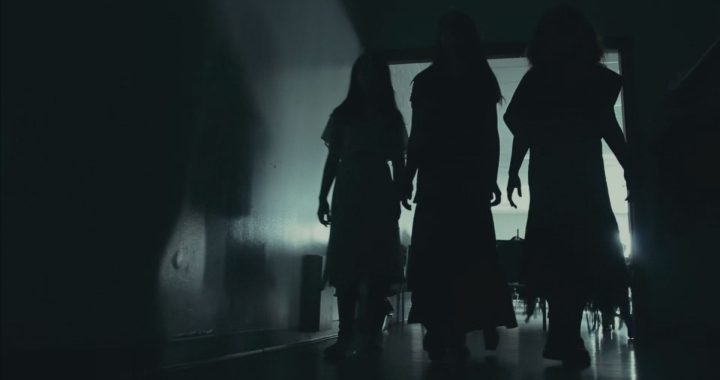

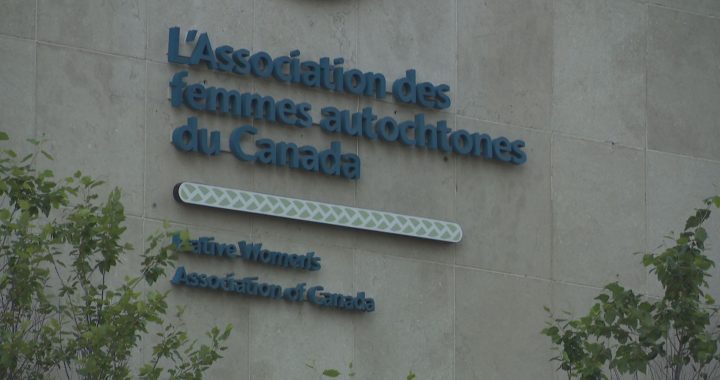
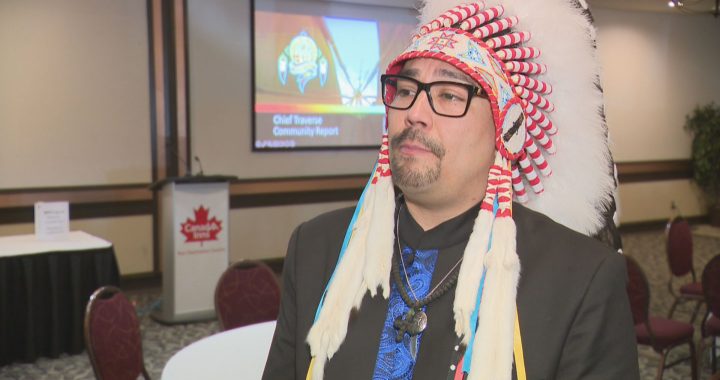
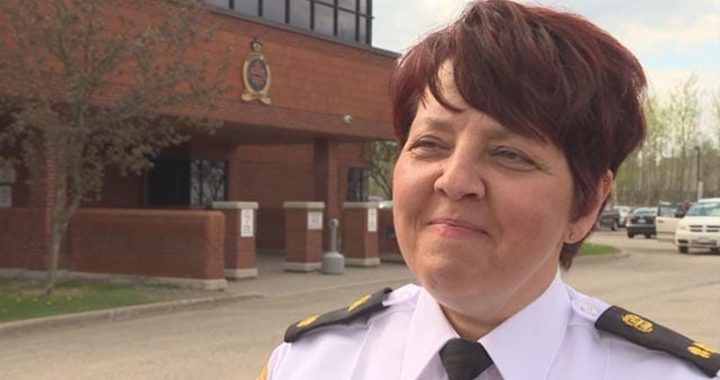
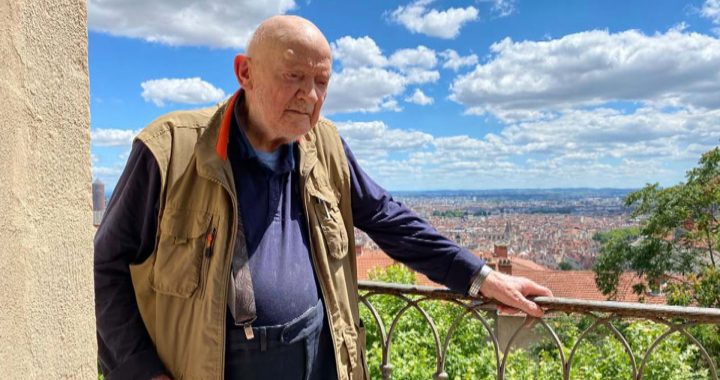
I have quite a bit of experience with this issue. As a former probation officer, I have to wonder why a Pre-Sentence Report to the court was not requested by the judge.
As a person who has lived in an Alaskan Native village, I wonder why there is no Tribal Court in the perpetrator’s community to make decisions and levy consequences on an indigenous person. It means a lot more when your relatives and neighbours are judging you, especially in villages. And they know you better than any strangers could.
Not withstanding the fact that he got off lightly with this judge, especially with his record, bringing in Glaude principles seems to me to present a danger of a two tier justice system.
How do these people remain in power? Disgusting